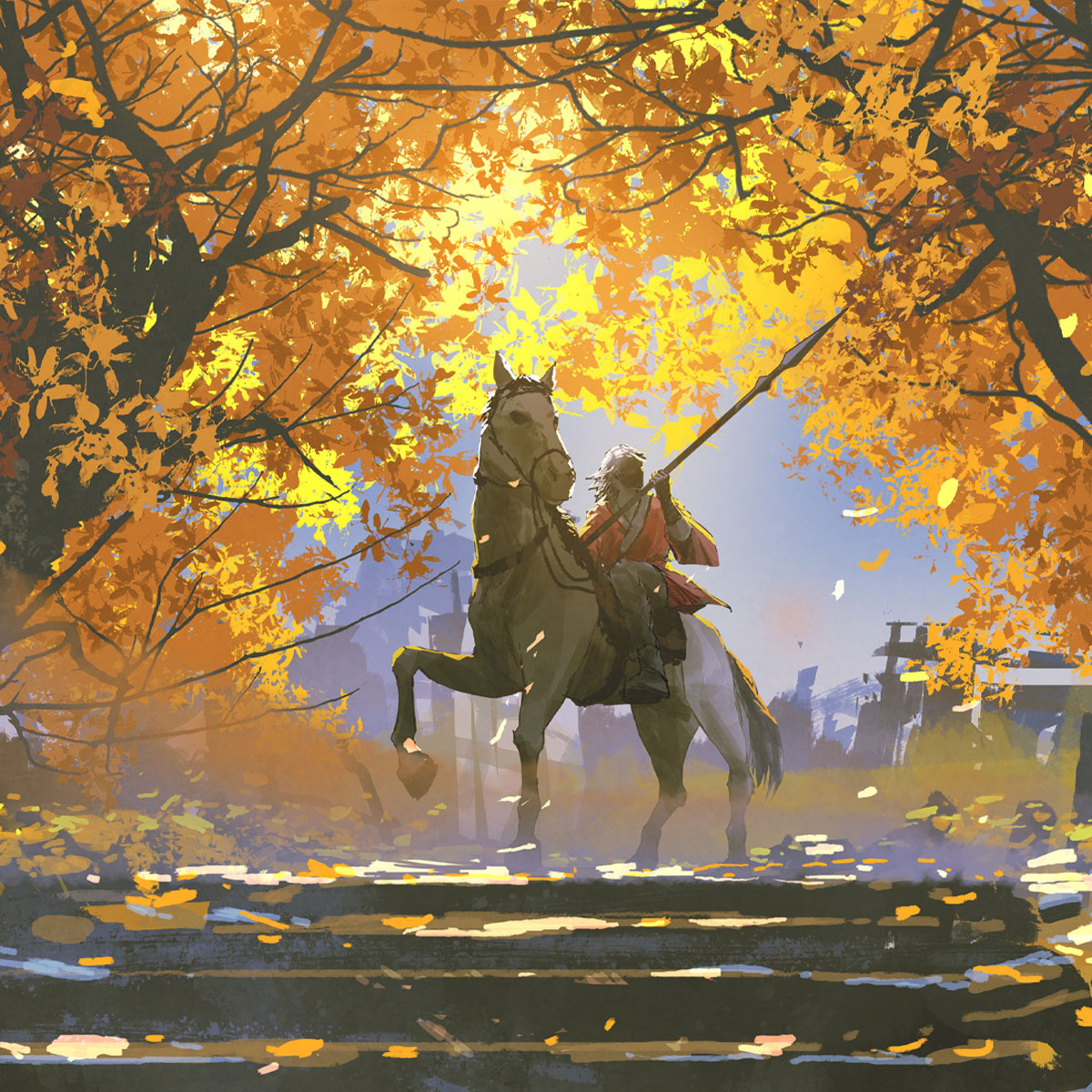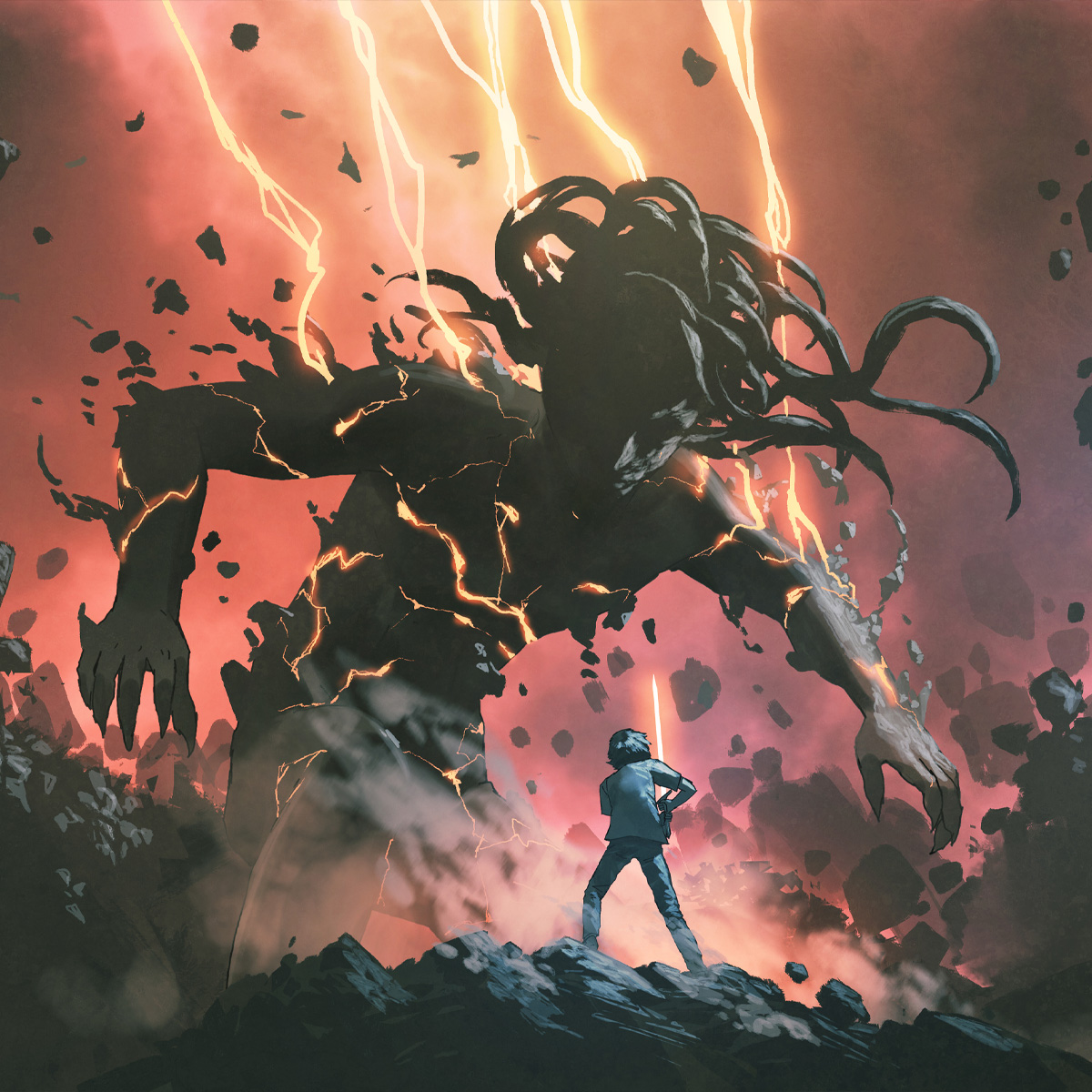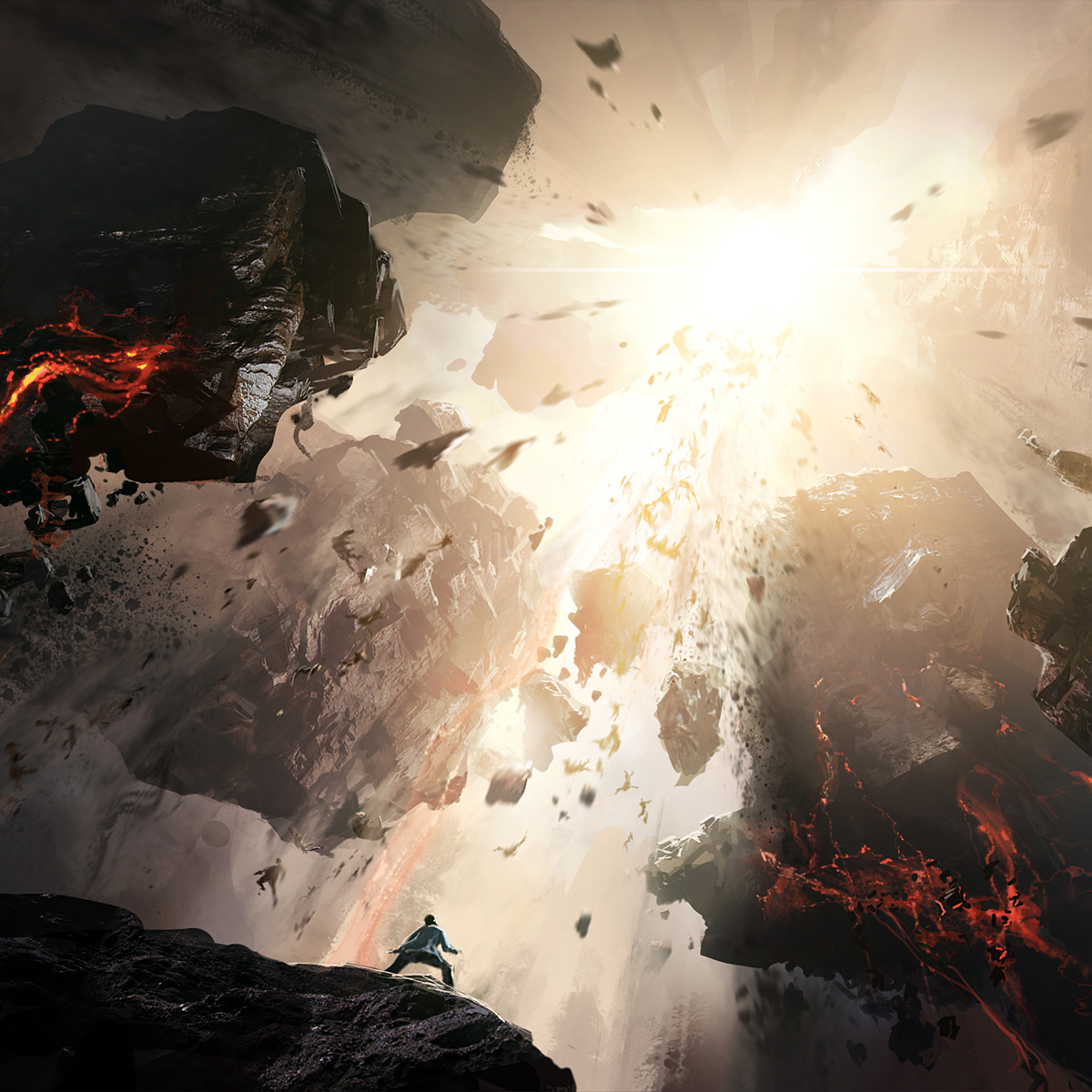
Yes, you read that right; I said player death, not character death. In all my years of gaming, it never occurred to me that this would be an article I would ever need to write. I suppose as you and your players get older, this sort of thing becomes more likely, but truthfully it can happen to anyone. So how do we handle it when one of our players suddenly and unexpectedly passes away?
First, and most importantly, communicate with your players. In all our “GM Tips” articles, this is the underlying theme, but it cannot be stressed enough in this case. At the very least, this is an individual who you’ve engaged with regularly for however long your game has been running. More likely, this is someone you’ve known for longer and been much closer to than just as a player. Your players also are likely to have been closer to this person than simply as a member of your game, and they will need time to process, as will you. This can be a devastating blow, but it doesn’t need to end the game.
Discuss with your players what they want to do. Don't force it if none of them want to continue the game. Some people may not be able to continue an activity that reminds them so often of someone they’ve lost, and getting together in a regular gaming group will do that. The players will strongly feel the absence for a very long time. If most of your players want to end the game, there may be no other option. However, you can suggest that there are ways for you to continue on and honor the player's memory, all while possibly helping to give closure to the players still there.
If you decide (as a group) to continue playing, it may be more comfortable for everyone to roll new characters and start a new campaign. This will help lessen the reminders of the absence in your midst, though the lack of that player’s personality will still be felt. If you go this route, I would suggest creating a campaign in a different time, location, or setting, where your players are less likely to run into familiar NPCs that may trigger unexpected grief. I would also suggest carefully crafting an epilogue for the campaign to give yourself and your players some closure.
Creating an epilogue in this situation can be a daunting task, but in the end, it can help everyone come to terms with a sudden loss in the game (you and your players will still have to deal with personal grief, but this can help with the game). Above all else, find a way to honor the player through their character in the epilogue. Perhaps, after a heartfelt farewell, the character sets off on a solitary journey to complete a lifelong quest or search for their one desire. Maybe the party’s travels take them to other incredible locations where their deeds are sung by the bards. The character (or the whole party) could settle down, cease the adventuring life, and make a home for themselves. Or perhaps the character, in reward for all their brave deeds, is accepted into the service of a great power (e.g., their deity, royalty, an archmage, etc.) and becomes a legend in their own right.
If you and your players decide to continue on with the game and the campaign, you will need to find a way to write the player’s absence into the game. The character is now a non-player character, as difficult as that may be, and needs to be dealt with. This can be done in several ways, depending on whether you and your players want to deal with frequent reminders of the player or would prefer to let the character fade into the background. You may take an idea from above and have that character set out on a solitary journey to a faraway place. Or have some great power take the character into their service. Options like these benefit from providing an exit for the character while honoring the player and allowing the party to continue without frequent in-game reminders of the player.
Conversely, you may choose to have the character decide to stop the adventuring life and settle down, becoming a local NPC the players can interact with. Perhaps the character opens a local inn or shop where the party can visit when they need that bit of connection to the player they lost. Or you may have a local power take the character into their service, where they become the liaison to the party. These scenarios will keep the character closer to the party and will be a constant reminder of the absent player. This is good for some players and may be what they would prefer, but it may be harder for some to deal with personally. It can also be difficult because you, as the game master, must play the character as the player would have (not necessarily mimicking the voice or accent, but in the mannerisms, words, and actions that the character uses).
Whether the game and campaign continue or you start anew, I would avoid the “Noble Death” scenario. Some players may want to go this route, and if your group as a whole thinks this is the best approach, then do it well. Write the scene to be an epic sacrifice that will be written into legend, as your player deserves that. Be warned, however, that this scenario is close to reality, and many players will have a hard time with it. Unless all of your players are on board, it is more likely to enhance player grief than to help it.
No matter what choices you make, the loss of a player is going to hit hard. The next game is going to be awkward and painful. Ensure that you give your players enough time to deal with their personal grief, maybe taking a few weeks or months off to grieve, or more if necessary. During this time, make sure to talk to your players about how they want to move forward. This is an event that everyone at the table is dealing with, each in their own way, and everyone’s voice needs to be heard. Make the decisions as a group, not as a GM and Players, because you are a group of friends who have lost a friend.
At some point, if you are continuing the game with the original campaign or a new one, you may need to find a new player. If the group can continue on as one fewer, then do so. Maybe a party of six becomes five, and a character picks up a second class or skillset to fill a gap. If you need to add a player, it will be difficult. Both the current party and the prospective player need to be aware of the situation and backstory. It needs to be clear to everyone involved that the new player is filling a character gap and not trying to replace the player. It is a subtle distinction that will help avoid resentment towards a new player. As always, keep open communication with your players and make decisions as a group.
I will leave you with this: those we lose live on in our memories, and as storytellers, we can maintain those memories. In some cases, we can even grant a semi-immortality to those we have lost through their characters and the stories of their deeds. In the Hávamál (an old Norse poem) is the following passage (the translation is not exact, but an interpretation from mixed sources):
Deyr fé,
deyja frændur,
deyr sjálfur ið sama;
en orðstír
deyr aldregi
hveim er sér góðan getur.
Cattle die,
kinsmen die
You yourself will die;
but fame
never dies
for one who has earned it.
For Eric, the most amazingly generous and compassionate dwarven soul I have ever met. And for Tim, my brother in spirit and a true bard. Good fortune on your next grand adventures; I look forward to the games we’ll have when we meet again.
Want to continue the conversation? Join Our Discord



Commenting has been disabled for this post.